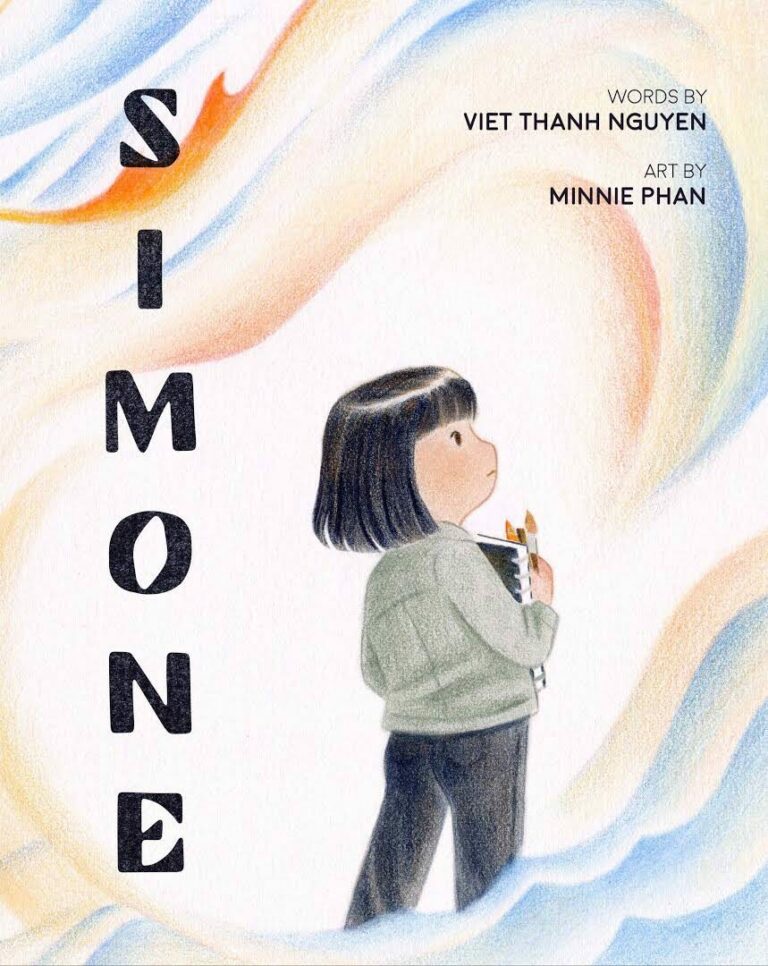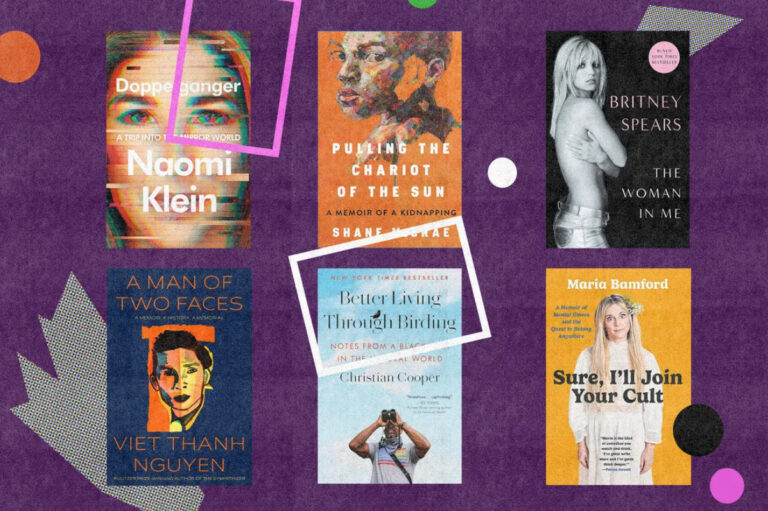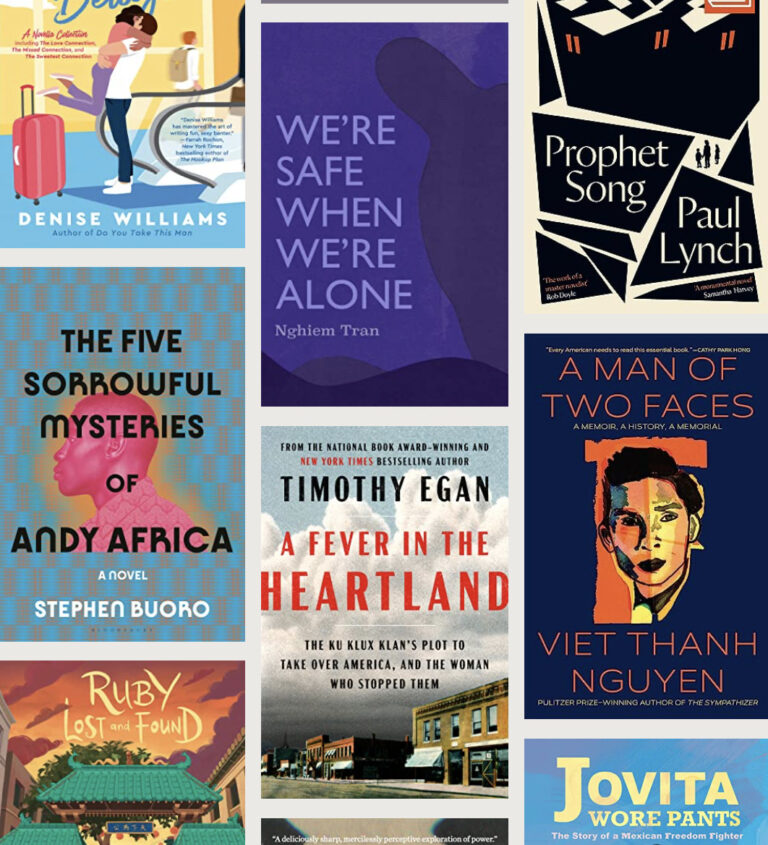Helen Elliot looks into the themes of loss, trauma, and possibility in Viet Thanh Nguyen’s The Refugees in this review for The Sydney Morning Herald.

In an age of hype when you cannot trust previously reliable prizes it is difficult finding the exact note for sincere praise. Viet Thanh Nguyen won a prestigious prize for his novel The Sympathizer in 2016 and this is his collection of short stories mainly about Vietnamese refugees living in America. His eight stories match the fresh and perfect cover that features the title, a small parrot, the author’s name and the subdued statement “Winner of the Pulitzer Prize for Fiction 2016” against the palest jade-green background. The refinement continues between the covers.
The opening story, Black-Eyed Women, is narrated by a woman who has lived “politely” with her 63-year-old mother since the death of her father. The woman is a ghost writer, telling stories of people struck by some sort of fame, often as the result of tragedy. Her mother, a dark-eyed woman, regularly sees ghosts, especially the ghost of her only son who drowned on their pirated boat. He is exactly the same, an adolescent in tattered shorts and T-shirt. For the narrator he was the perfect older brother but because she was young and traumatised she never thinks of him. He died long ago. But her sensible, practical mother insists he has returned.
This is an exquisite riff on loss, trauma, and above all the fragility of finding meaning in a new life. Or sort of life. For this little family, evicted from their own country by terror and violence, America has other terrors. “In a country where possessions counted for everything, we had no belongings except our stories.” So her stories are ghost-written in several ways. The ghost-writer does not believe in ghosts but when her long-dead brother knocks at the door she asks: “What took you so long?”
The second story, The Other Man, is set in San Francisco, 1975, when a good-looking young man called Liem finds himself re-settled with two gay men. He had escaped in the chaos of the fall of Saigon, and now in the calm, comfortable house of the two well-meaning men he tries to forget “what he’d discovered, how little other lives meant when his own was at stake”. But Liem is the eldest son and his understanding of what this involves is keen: “The only time his family’s fate wasn’t on his mind was during those few seconds after he woke up, in a warm bed, under three blankets, remembering dreams in which he spoke perfect English.”
The reader sees intimate America from his angle – passive, unjudging, accepting, and hopelessly detached. The deeper platform is anxiety. What will become of this beautiful, intelligent innocent? The intelligence, the stillness of the writing expands understanding of him and yourself. This is the elaboration of experience and difference where edges will never meet despite infinite mutual goodwill.
In The Americans, James Carver is another type of refugee. Now in his 60s he knows nothing about Vietnam “except what it looked like at 40,000 feet”. He bombed Vietnam in the war but his daughter, Claire, is working there as a teacher, trying, in her own way, to make reparation. When James and his Japanese wife visit Claire and her boyfriend in Vietnam James becomes displaced and traumatised. And very ill. The marvel of Viet Thanh Nguyen’s writing is that this reversal is as natural as breathing. Currents of life shiver through every page.
The last time I read like this, with the intention of savouring every word, was probably Elizabeth Strout’s Olive Kitteridge. The precision in thought and language and a spaciousness or acceptance of what it is to be human in the strangest circumstances create a new sensibility to try out in a strange new world.
Viet Thanh Nguyen writes from a strong moral belief but he treats human failing with tenderness, a spiritual grace that you sometimes see in the faces in great religious paintings. These stories are beyond hype. The exact note for sincere praise is antiquated but you might have heard it here.


